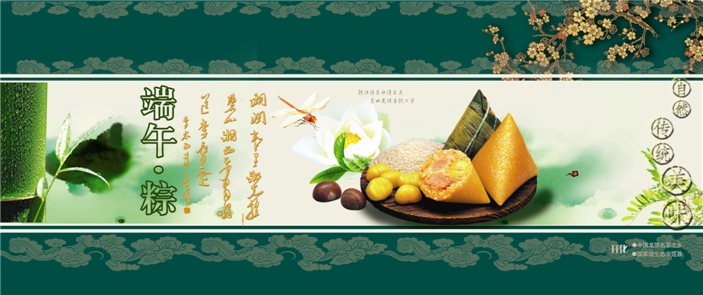| Home > Living In China |
Top 5 mistakes of Resume writing
A solid resume is a necessary stepping-stone to starting your career, and all it takes is some good old-fashioned self-promotion, confidence and style to raise an eyebrow or two in HR.
But if you're a new graduate with a five-page CV and are using your parents as references, your resume most likely needs a makeover, and chances are it suffers from one of these five common resume writing faux-pas.
Following the recently held "Resume Contest" at Xingjian College of Science and Liberal Arts at Guangxi University, the Global Times interviewed several HR experts to shed light on the most common resume pitfalls and how to better pave the way to your next interview.
Padding problems
There is much contention as to whether a little padding is justifiable in getting one's foot in the door. But with such fierce competition, it's no wonder why students exaggerate a little in order to give resumes a little more added weight.
The problem is that employers are well aware of this practice, and will not hesitate to ask specific enough questions to expose your tales of former employment if they have any suspicions.
Ouyang Hui, a senior HR advisor at chinahr.com said that faked work experience is an unnecessary gamble, because often employers put more importance on credibility rather than employment history.
"Even if your padded resume gets you an interview, if asked about the details of your work, your reaction is always a clear indicator as to whether or not you really did what you wrote in your resume."
Too much information
Students often make the mistake of writing their resumes like a biography. But with usually hundreds of resumes to look at, employers want you to cut to the chase and tell them not only "what," but how it can benefit them.
"Employers not only want to see your experience, but what you achieved during that experience, which they can then estimate what kind of value you will bring to their company," says Ba Ran, a senior HR advisor at zhaopin.com.
Ba also believes that providing details outweighs lists of references and dates. It's much more effective to underline one or two of your biggest achievements with a few extra details, including your position, duties and what you learned/achieved from it.
"For instance, if you had been sponsored by a company during school for an activity, include specifics like the amount and for how long in your resume."
Empty adjectives
Self-evaluating your own personality is like judging yourself in a beauty pageant; you're going to end up holding a bouquet of roses every time.
In order to make the common mistake of using bland and well-worn self-descriptions such as "positive and optimistic" or "diligent and hard-working," Fan Wenzhen, director of Department of General Management with Shanghai Chenchang Power Technology Company, says that subjective adjectives like these are meaningless to most employers.
"We don't put too much importance on self-evaluations, that's something we can only evaluate through the quality of work.
"If you really want to describe your character, I suggest students write their profes-sional goals and career expectations, which are also telling of personality. But just be sure to pick goals and aspirations that are most relevant to the job you are applying for."
Selling yourself short
Honesty is the best policy, but resumes are not a confessional booth. Many have the habit of complete disclosure, spouting shortcomings and disadvantages with an air of groveling, such as "I don't have enough working experience, but I hope your company will give me a chance."
Fan stresses that if the company does not ask, it's not necessary to volunteer anything. However, if you do find yourself cornered, always balance out your deficiency with one of your strengths.
"If required to do so, write your disadvantages together along with advantages, like 'although I do not have enough work experience, I am a fast and independent learner.'"
Lack of focus
Because students want to cram in as much of their work or school experience as physically possible, one of the most common problems students have is keeping their resume focused and job specific. Although many crowd their CVs with both unimportant and irrelevant information, quantity does not equal quality.
Ouyang suggests students first categorize and subhead their resume – such as school activities, work experience, volunteering or internships.
"Then, underline at least one group you feel helps you the most and explain it in more detail, targeting the job you're applying for."
Ba stresses that a resume should be "trimmed of fat" and only occupy one full page. Also, avoid "blanket resumes," which are often ineffective, as they do not target a specific job. Rather, start with a "master resume" with all your information and tailor it accordingly.
"Just as you have lots of clothes in your wardrobe, and you always choose a different piece for a different occasion. Pick the most closely related information to make different 'slimmer' resume versions targeting different jobs or positions."
Custom
 more
moreUniversity
Beijing Foreign Studies University
BFSU-SolBridge International School of Bu...
Tianjin University
Tianjin University is the first university in China founded in 1895 ...
Beijing International Arts School
Beijing International Arts School is a public secondary school appro...
Primary&secondary
Beijing International Arts School
We are qualified to recruit students from ho...
Beijing October First School
Offers Chinese secondary education and no...





 print
print  email
email  Favorite
Favorite  Transtlate
Transtlate 







